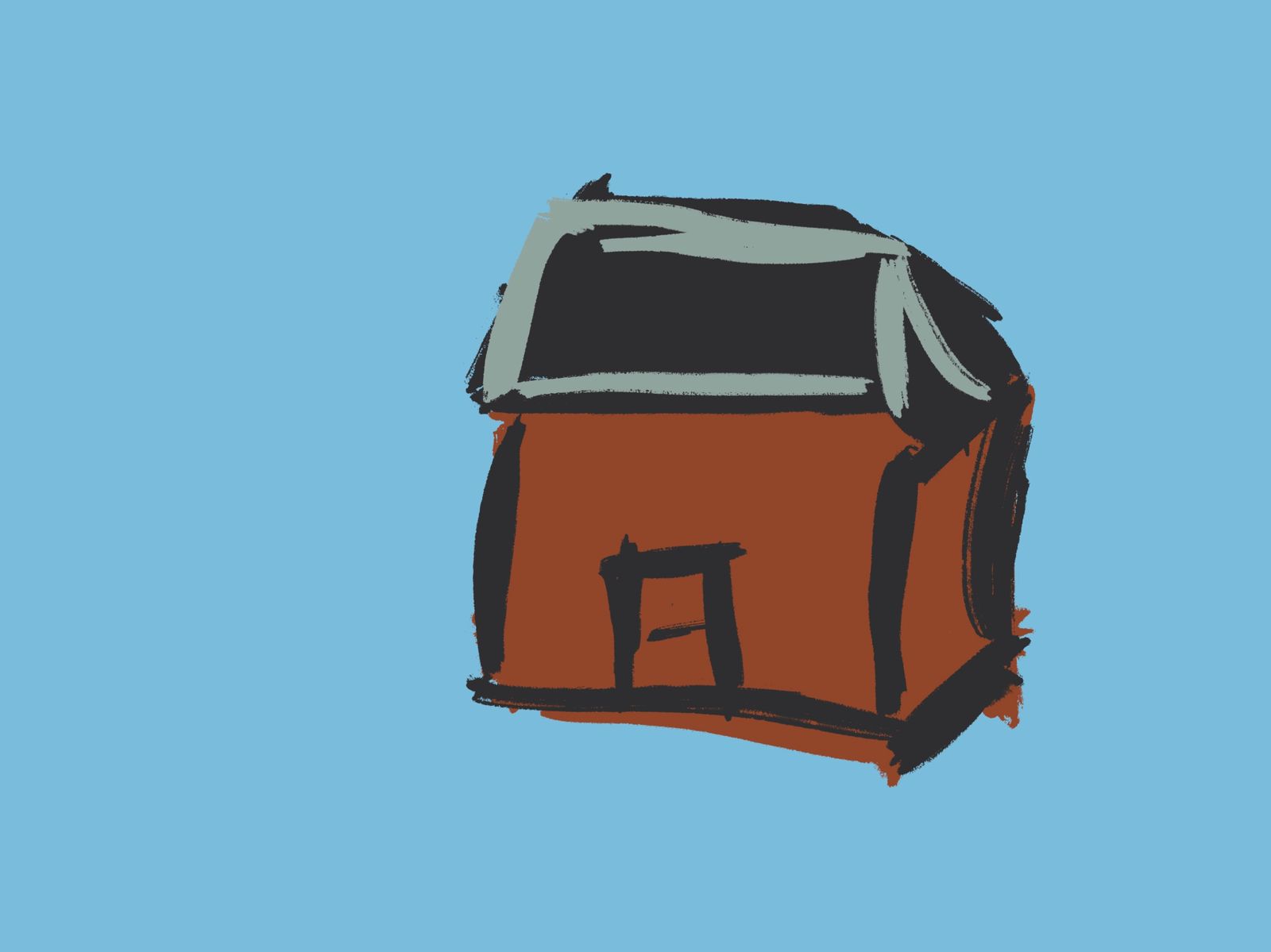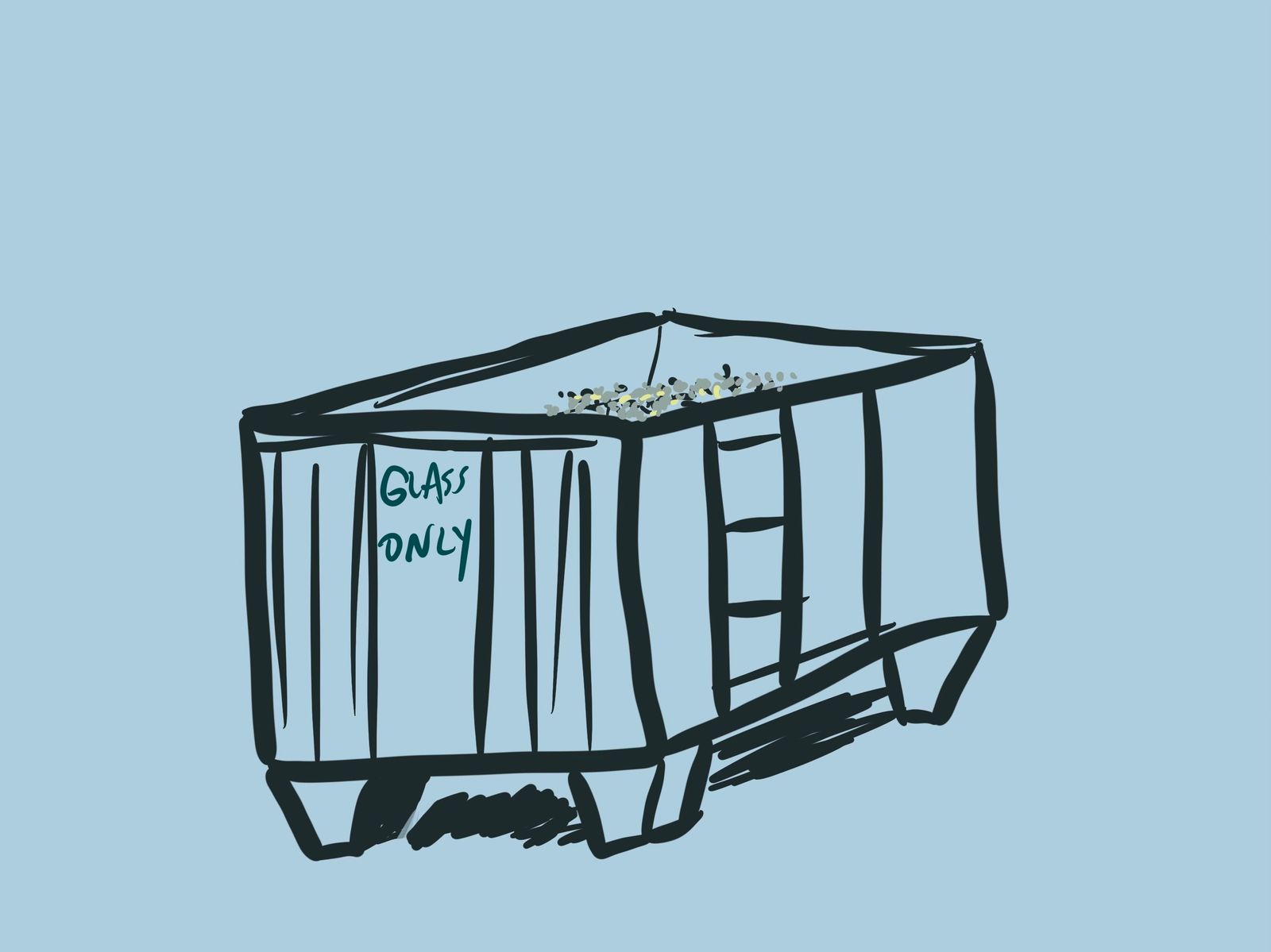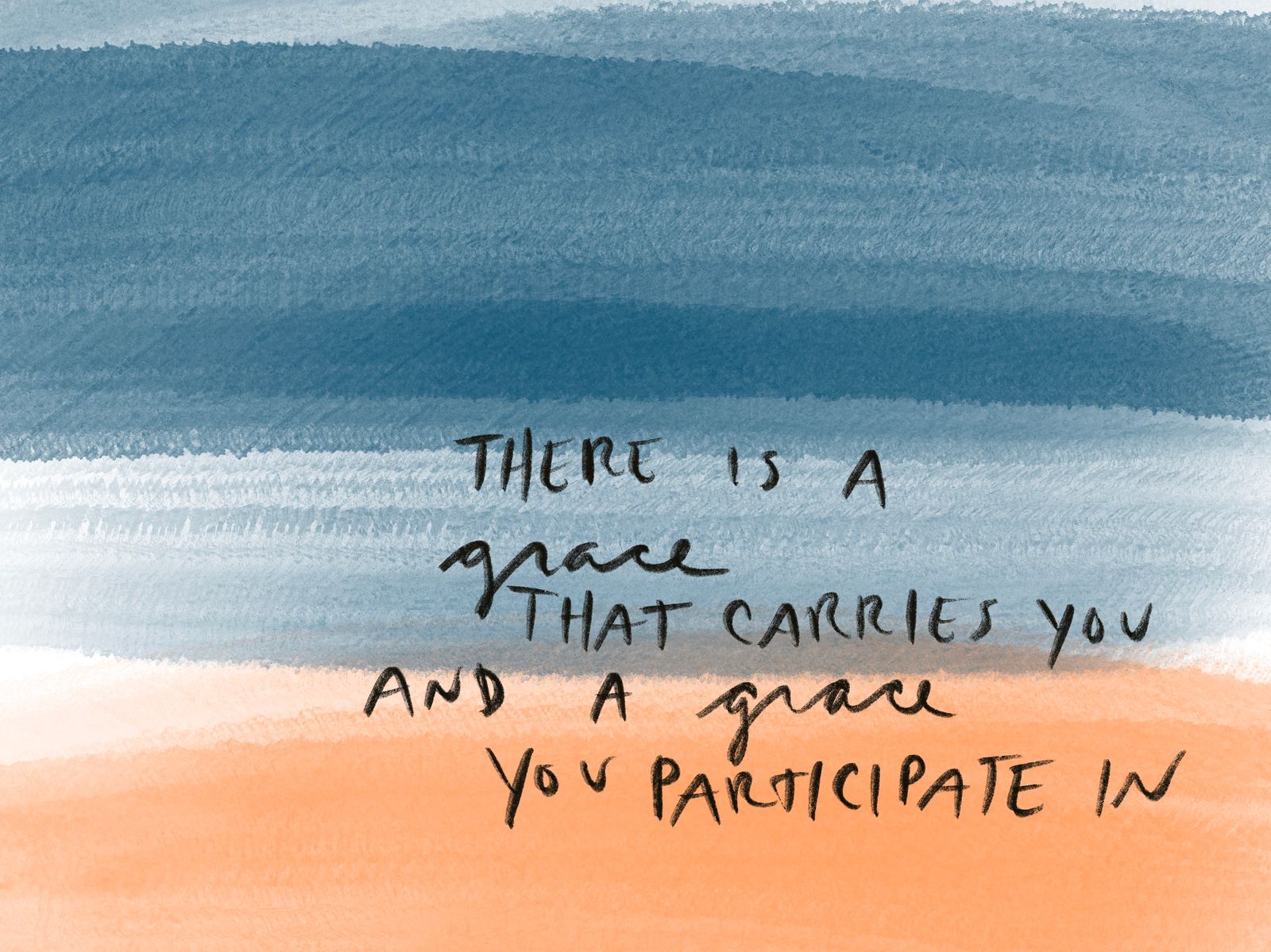Beside the house where I grew up was my grandfather’s workshop. It’s a big, low red barn shaped like a T, with sliding barn doors in the front and on the side. I’ve only been inside once, maybe twice, when I was 6, to help my father sand wood for a new bed he was making me. One chilly spring morning, he placed an orbital sander in my hand and said, “sand this piece of pine until it’s very smooth; you can feel it with your fingers, it won’t be rough at all.” I worked for what felt like a long time, probably minutes before I retrieved him.
“Am I done yet?”
“No, not yet, keep going. See? It’s not smooth yet.”
This scene repeated itself every 5 minutes for an hour before the board was halfway smooth. If it was halfway smooth? I’ve always been remarkably impatient in wood shop.
He sighed. “Okay, Katie, I think that’s enough for today. Go play.”
Since my grandfather died before I was born, my dad and uncle have been busy with life; the shop full of my his tools and materials has sat, my whole life, teetering into disuse, then disrepair, and finally decay.
Back when Builder-husband was Builder-boyfriend, Dad took him into the shop to look for a tool. Builder-boyfriend stood there, mouth agape and wide eyes full of wonder. “Your father had, like, everything.”
Dad kept warning him away from places where the tools looked most useful and interesting: “Don’t step there, the floor is rotted out. Watch out, the roof is caving in.”
Builder-boyfriend lamented while I watched him fix my car, “There’s row after row of every tool imaginable, but you can’t really get to any of it because it’s a disorganized mess and the structure is falling down around it. What a loss.”
Now, decades later, entire sections of the roof have fallen in. The building itself seems to be disappearing as the woods and brambles reestablish themselves on the outside and inside.
My in-laws are looking for a new house. The ones that are top contenders have sat vacant for years with the air on. Builder-husband lamented while I watched him fix dinner last night.
“There’s just so much work to do.”
“But the air was on, how can there be disrepair if it just sat there, water-tight and climate-controlled?”
“Buildings need to be used by humans, if they don’t, even if it’s climate-controlled, it will start to decay.”
“So, use makes the buildings come alive? Like, if buildings had souls, they’d be the humans that used them?”
“Something like that.”
I keep thinking of these buildings, of how constant use staves off entropy. How humans make things come alive by their activity and relationship with them, with each other within them. I nestle into that moment with my father, constantly interrupting him: “Am I done yet? Am I done yet? How about now?”
How many times have I done this with God? When I’m in the midst of difficulty and struggle: am I done yet? Am I done? How about now? Is it smooth?
It’s never quite smooth, the process is never quite done. That constant undoneness, that’s what keeps everything fresh, enlivened, and growing.
Our participation is required. Constantly.
Our participation in our democracy. In our families. In our friendships. In our selves.
Anything we don’t actively use will gradually fall into disrepair, it’s a universal constant.
We’re reading Isaiah 58 aloud every day as a family this month, just to see what will happen. Every morning, in a different translation, I read:
You’ll use the old rubble of past lives to build anew,
rebuild the foundations from out of your past.
You’ll be known as those who can fix anything,
restore old ruins, rebuild and renovate,
make the community livable again. (Isaiah 58:12, MSG)
I keep thinking of my grandfather’s workshop, of my in-law’s prospective house. All those beautiful tools doomed to rusted disuse. All those structures just waiting to have souls inhabit them, to make them come alive.
It is constant use and constant participation to fight the entropy inherent in any system, big or small.
I can imagine our structures of American democracy renovated and inhabited to set the oppressed free and take up the cause of the vulnerable. I can imagine common sense and kindness returning to civic discourse. I can imagine families enjoying each other. I can imagine kids learning how to really engage and be present.
The philosopher-child wanted to take up whittling. So all of us piled in the van and drove next door, to my father-in-law’s workshop up the road. Coming down from a tall ladder, he presented the philosopher-child with a bright orange box.
“This is a scroll saw. I knew I saved it 50 years for a reason. Maybe for this very moment. Your Dad will teach you how to use it. But it’ll help your whittling go a little faster. You can be patient, right? Whittling takes a lot of patience.”
“I can be patient,” the philosopher-child promised.
Now our living room floor is constantly littered with wood shavings. The children and Builder-husband are whittling birds and spoons and game pieces and anything else they dream of. I rubbed my hand over a small duck the philosopher-child works on.
“It’s not done yet, Mommy.”





